Industry body Broadband India Forum (BIF) yesterday contested telecom operators’ suggestion to bring internet call and messaging apps like WhatsApp, Telegram, and Google Meet under the ambit of telecom licences.
Broadband India Forum (BIF) President TV Ramachandran, in a statement, said bringing OTT (over-the-top) services under the Telecom Act is in complete violation of Article 14 of the Constitution, which guarantees equal treatment to every person and entity.
“Comparing OTT services to telecom services of voice and SMS is completely erroneous and overlooks the vast and critical differences between the two categories,” Ramachandran said.
Meanwhile, other associations, also representing tech companies, have opposed telc os’ body COAI position to bring communications OTT services under the new telecom rules.
In a press note summarising counter-submissions, the Internet and Mobile Association of India (IAMAI) said that “there is a clear distinction in the operational and technical and nature of OTT service providers and TSPs”, and that OTT platforms “do not “free ride” as they are greatly driving the revenues generated by telecom service providers.
“OTTs are not covered under the ambit of Telecommunications Act, 2023,” Nasscom said in its submission, adding, “There is no need to bring OTTs under Service Authorisation and impose any additional regulatory burden on them.”
The industry bodies pointed to IT Minister Ashwini Vaishnaw’s statement in Parliament last year explicitly clarifying that OTT platforms are not covered under the Telecom Act, a media report stated.
Telecom operators, however, argue that large data traffic generated by foreign apps should entail infrastructure costs and have requested the Telecom Regulatory Authority of India (TRAI) to include OTT services within the new Telecommunication Act, 2023. Industry leaders like Reliance Jio and Bharti Airtel support this motion for regulatory parity, a media report said.
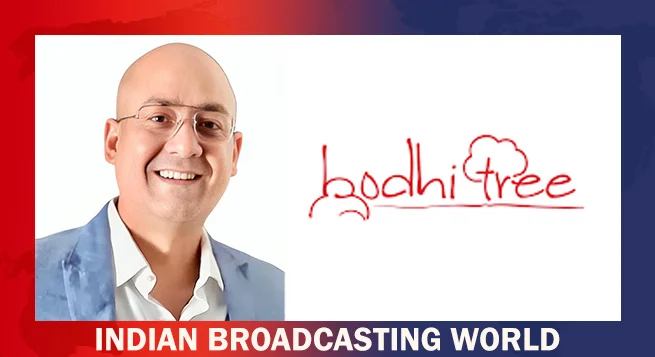 Bodhitree appoints Sudip Roy CRO; launches new revenue division
Bodhitree appoints Sudip Roy CRO; launches new revenue division  SonyLIV drops ‘Black, White & Gray-Love Kills’ trailer
SonyLIV drops ‘Black, White & Gray-Love Kills’ trailer 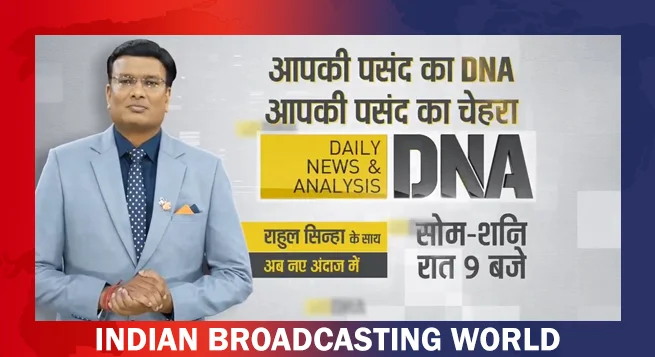 Rahul Sinha takes charge of Zee News’ DNA
Rahul Sinha takes charge of Zee News’ DNA 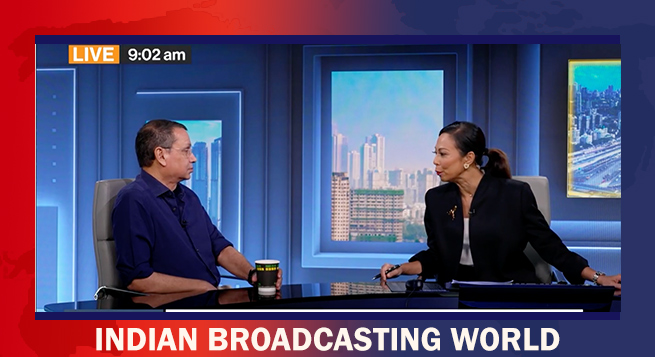 JioStar vice-chair Uday Shankar on surge in streaming subs, trade tariff challenges
JioStar vice-chair Uday Shankar on surge in streaming subs, trade tariff challenges  Netflix drops stylish trailer of heist drama ‘Jewel Thief…’
Netflix drops stylish trailer of heist drama ‘Jewel Thief…’ 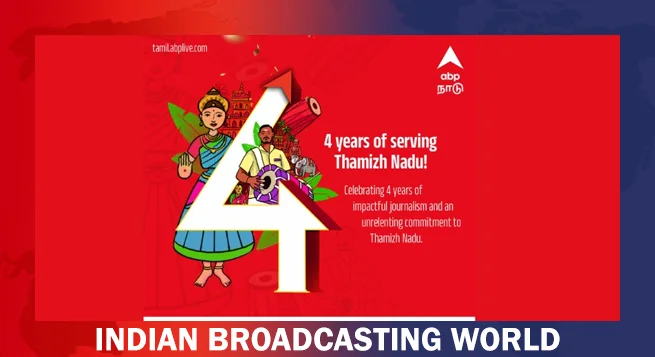 Tamil digital news platform ABP Nadu crosses 9mn users; turns 4
Tamil digital news platform ABP Nadu crosses 9mn users; turns 4 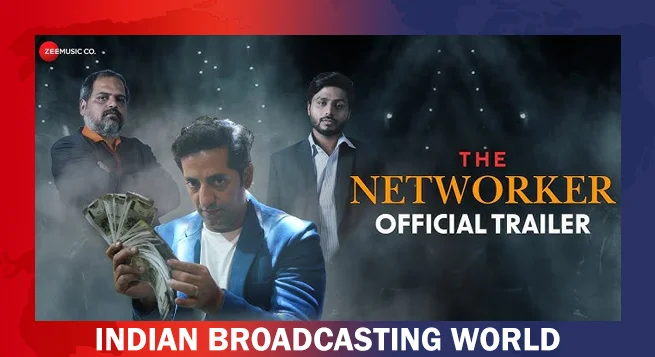 ‘The Networker’ trailer teases a gripping tale
‘The Networker’ trailer teases a gripping tale 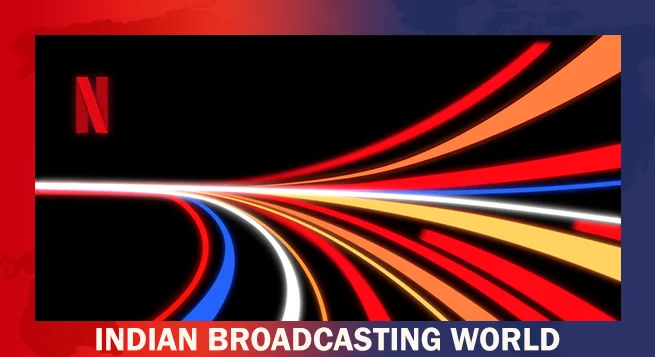 45% ISPs saw 0.2 Mbps speed hike in Netflix index; 18 nations in top tier
45% ISPs saw 0.2 Mbps speed hike in Netflix index; 18 nations in top tier 









